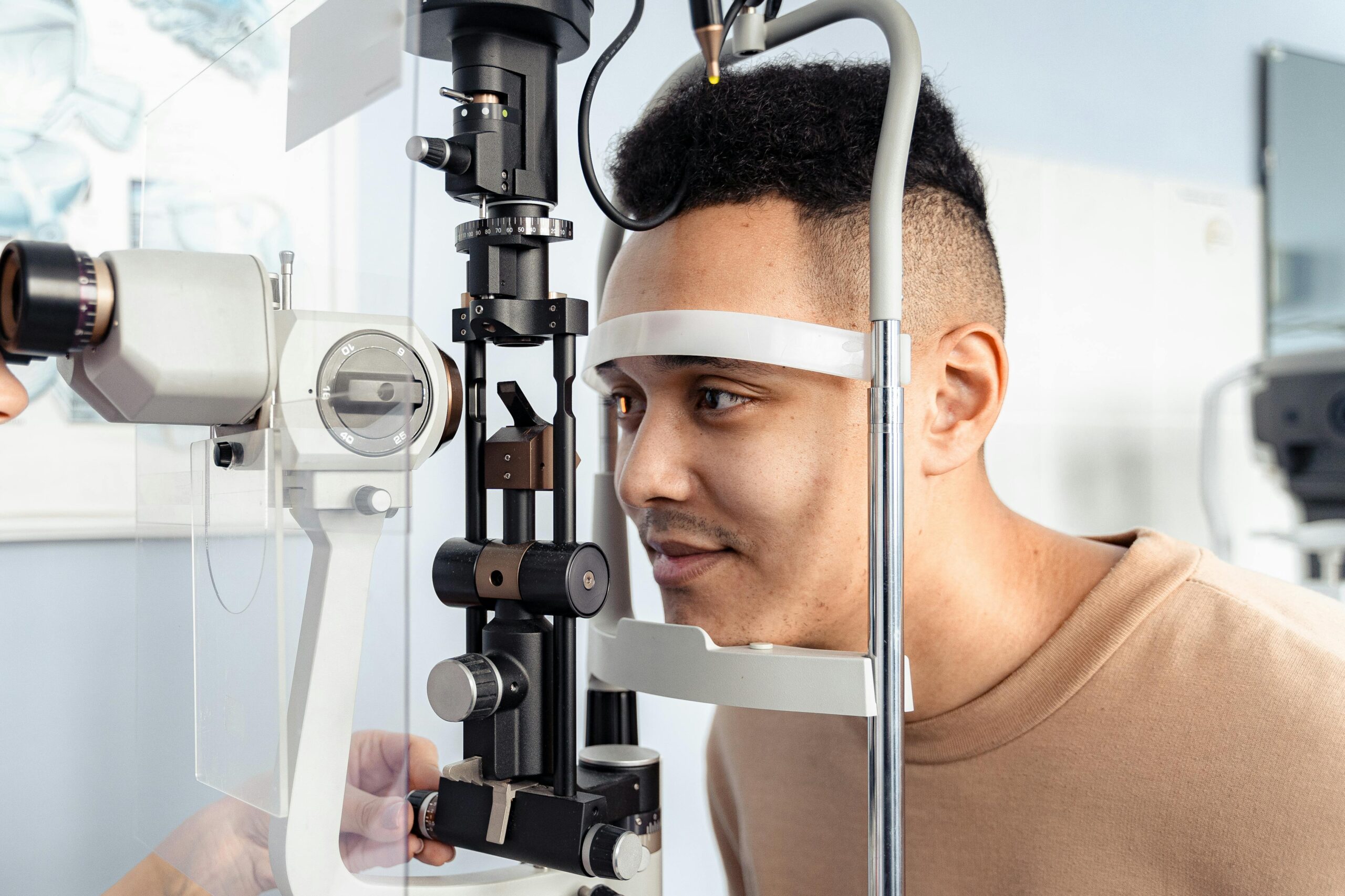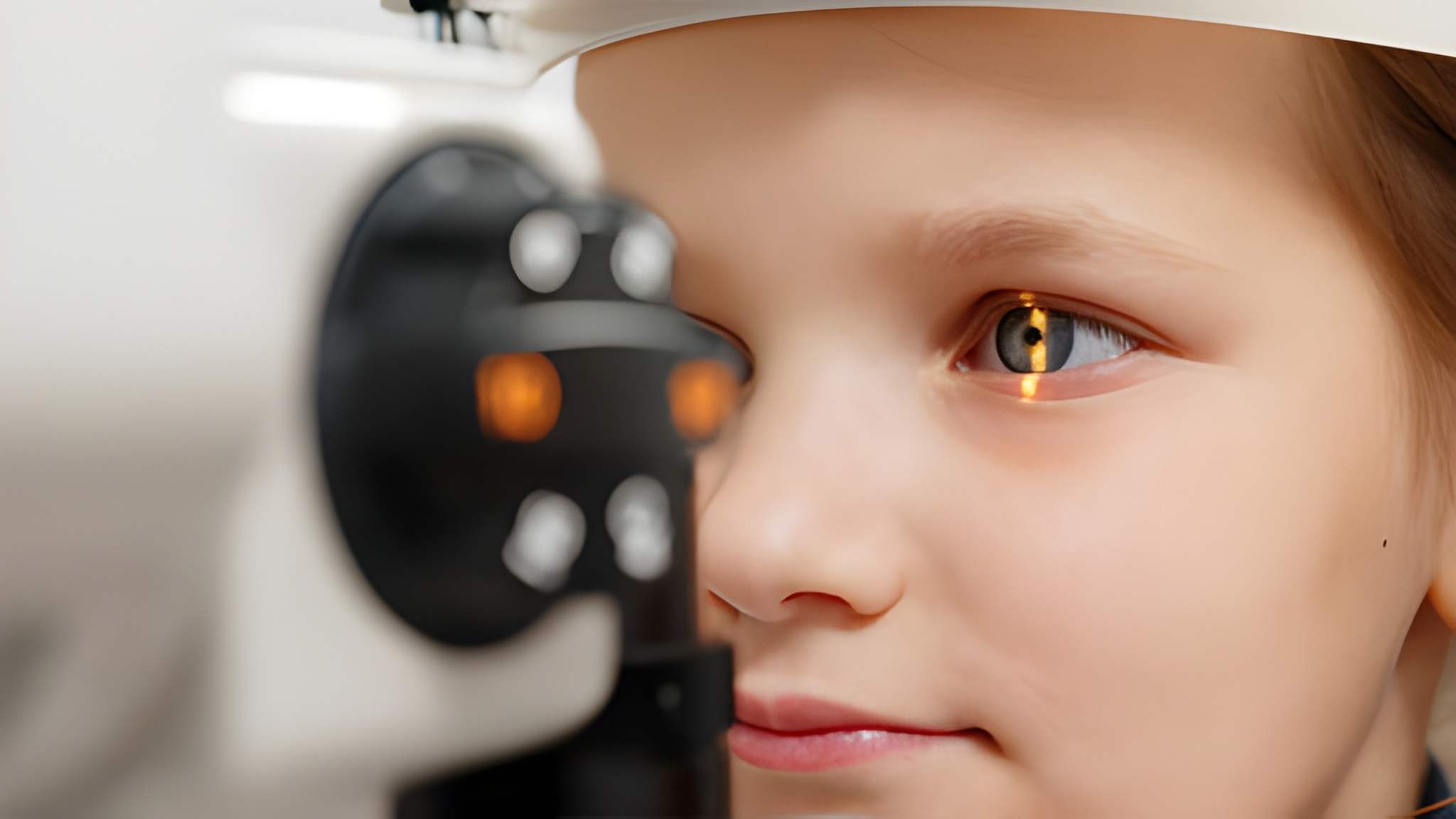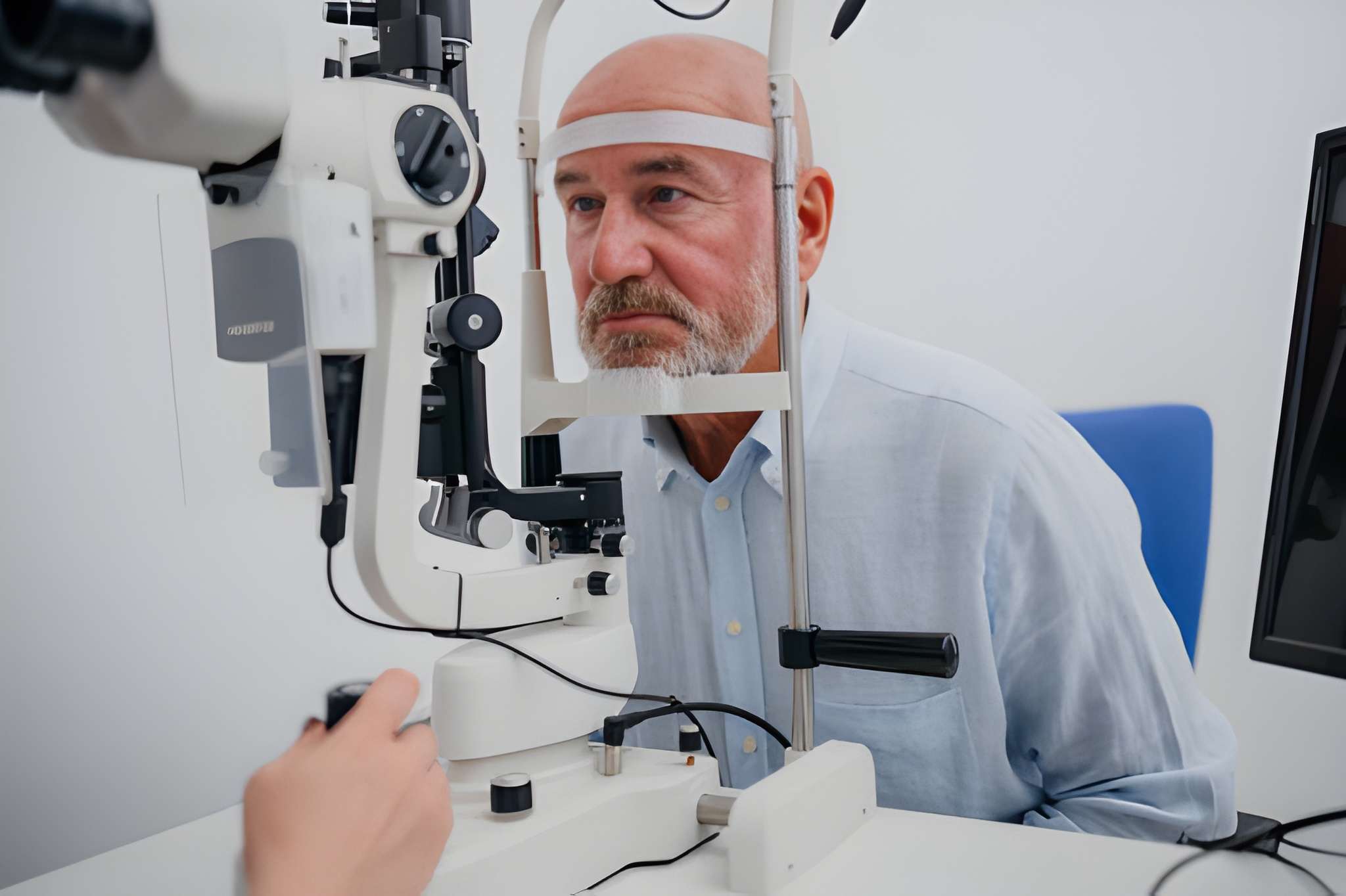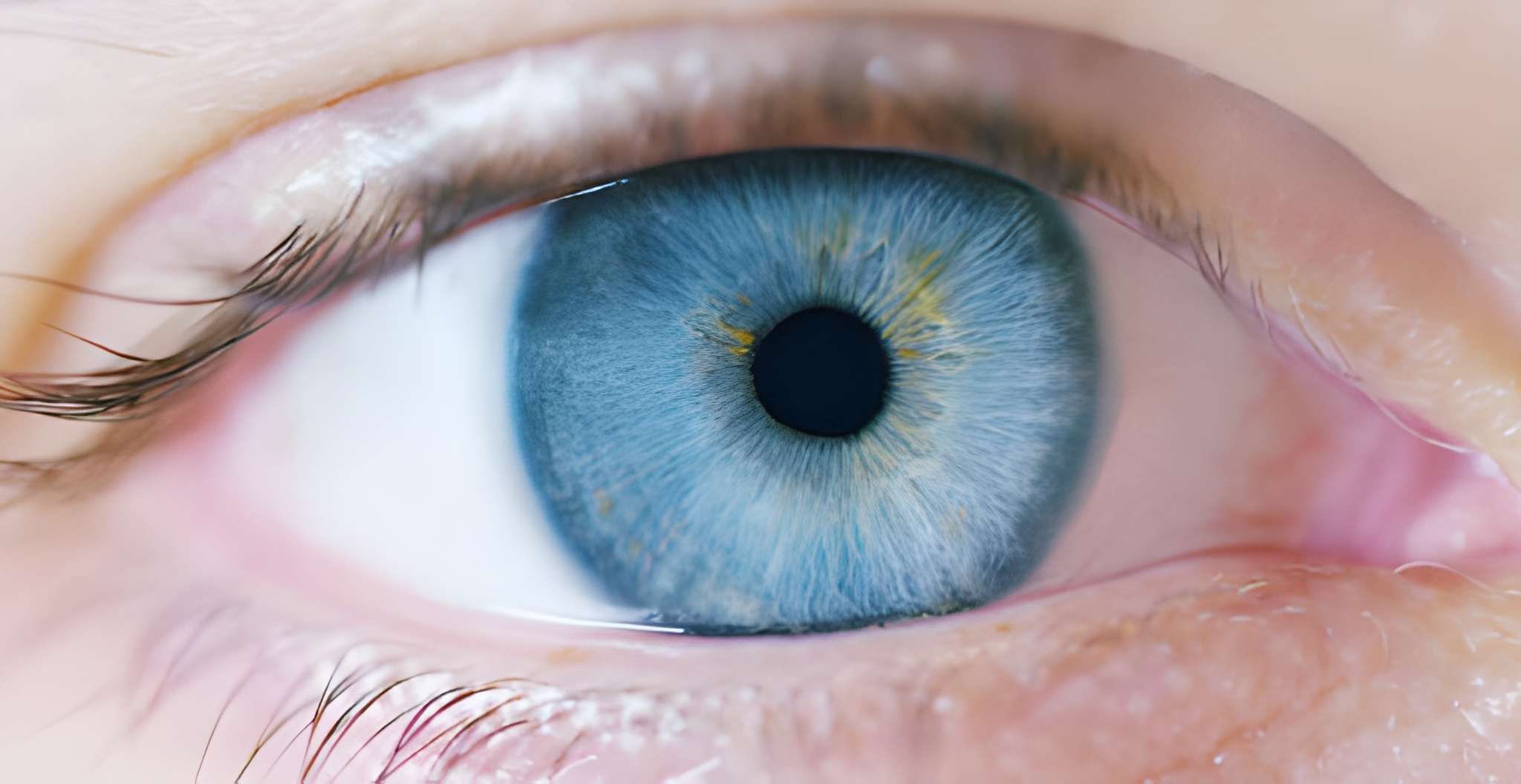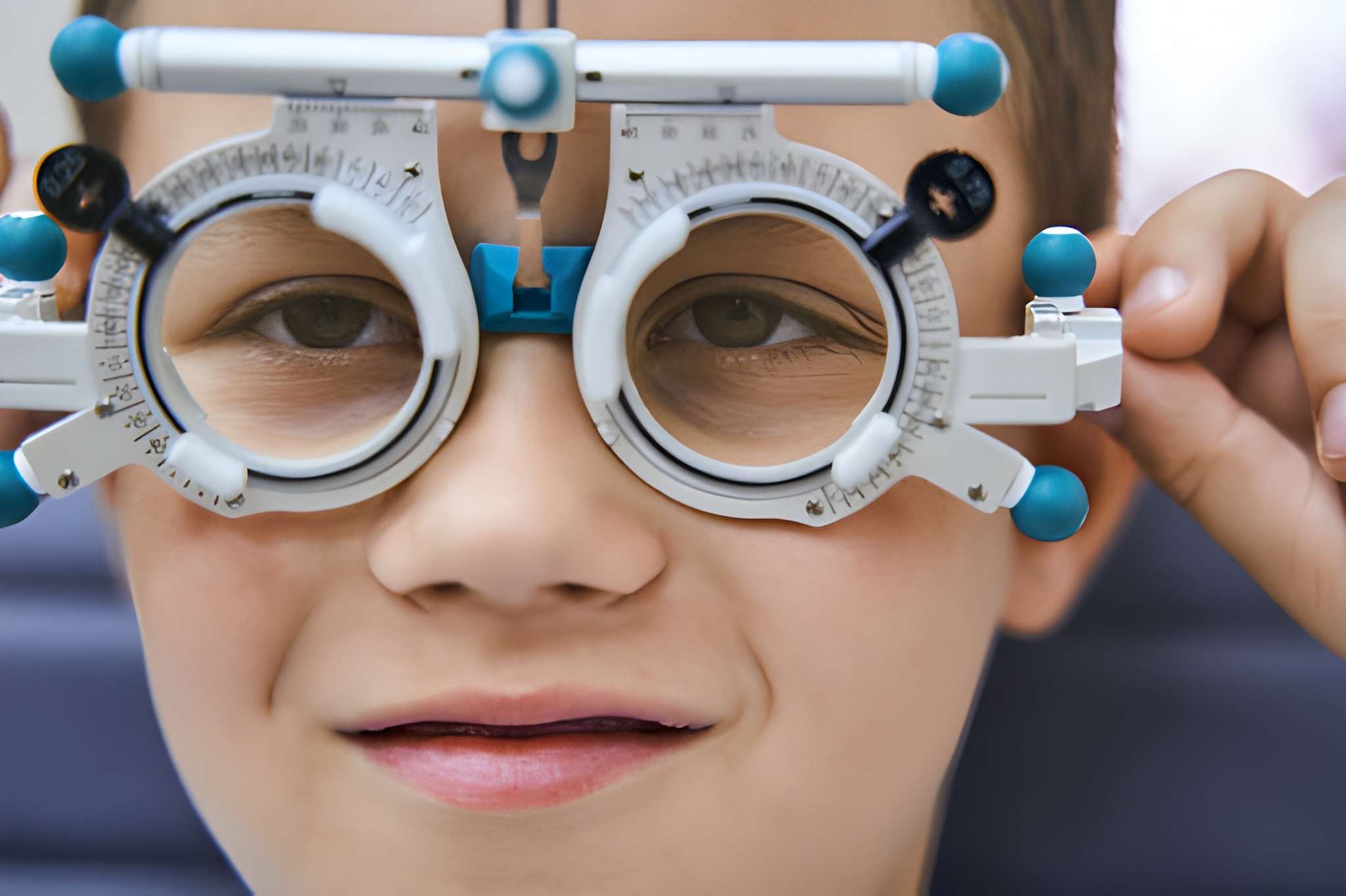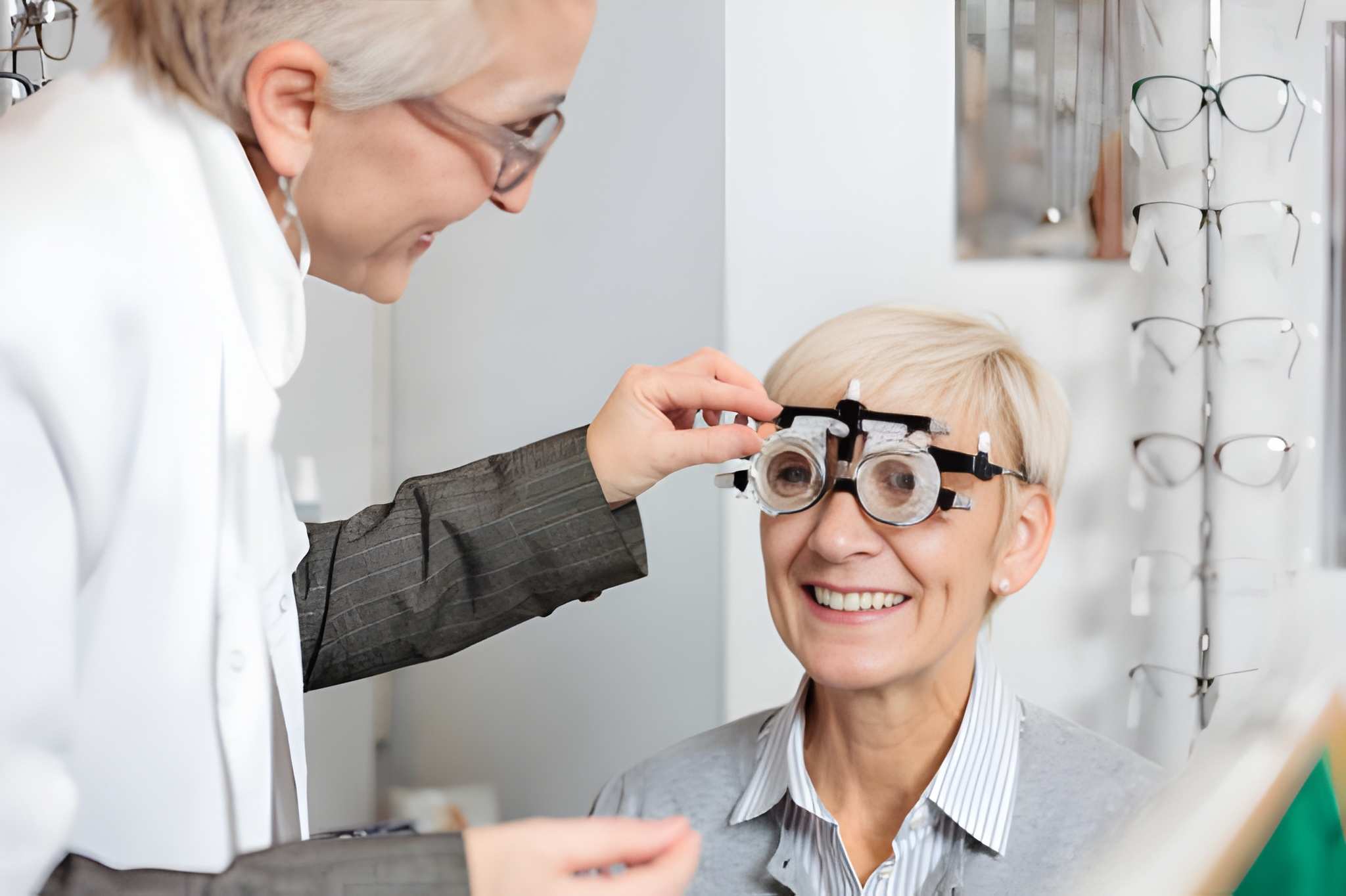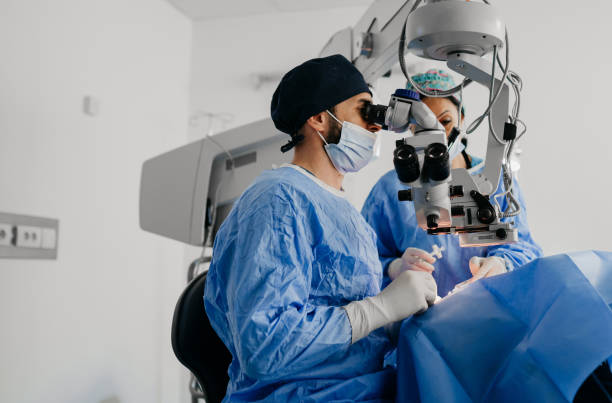Finding a reliable eye care provider in Dubai can feel overwhelming given the variety of options available. Whether you’re a long-term resident or a newly arrived expat, choosing the right practitioner begins with understanding your specific needs. Routine vision checks, prescription updates, or more advanced care, such as disease management, all require different levels of expertise. In Dubai, many clinics employ both optometrists and ophthalmologists, each playing a distinct role in eye care.
Look for providers with verified medical credentials and experience relevant to your condition. Reading patient reviews and asking about the clinic’s diagnostic technology can give insights into the quality of care. Location and appointment availability are also practical considerations, especially for follow-up visits. Insurance compatibility should be checked in advance to avoid unexpected costs.
Language support is another factor to keep in mind, as many clinics offer services in English, Arabic, and other languages. It’s also wise to schedule an initial consultation to assess the doctor’s communication style and approach to treatment. These steps not only help ensure your eye health is in good hands but also contribute to a more comfortable and informed healthcare experience in Dubai.
Why Regular Visits to an Eye Doctor in Dubai Are Essential
Routine eye examinations are often underestimated, yet they are vital for maintaining good vision and overall health. In a dynamic environment like Dubai, where screen time is high and outdoor exposure is intense, these check-ups help identify issues before they progress. Annual visits allow for the monitoring of changes in vision and early signs of systemic diseases such as diabetes or hypertension that can manifest in the eyes. For children, regular assessments can detect visual impairments that affect academic performance. For adults, they help adjust prescriptions and catch early signs of conditions like glaucoma or cataracts. Even asymptomatic individuals benefit, as many eye disorders develop slowly and without warning. A consistent check-up schedule ensures that corrective measures, if needed, can be applied early and effectively.
Top Signs You Need to See an Eye Doctor in Dubai
Symptoms like frequent headaches, difficulty focusing, or sudden vision changes should not be ignored. In Dubai’s bright climate, prolonged exposure to sunlight can exacerbate certain eye conditions, making sensitivity to light a common complaint. Redness, excessive tearing, or dryness may indicate infections or allergies that require professional attention. Floaters or flashes of light can signal issues with the retina, necessitating immediate evaluation. People using digital devices for extended periods may develop strain-related symptoms, such as blurred vision and neck pain, collectively known as digital eye strain. Identifying these symptoms early and consulting with a professional can prevent more serious complications and contribute to long-term visual comfort.
Differences Between an Eye Doctor and an Eye Specialist in Dubai
Understanding the distinction between various eye care providers helps ensure appropriate treatment. An eye doctor, also referred to as an optometrist who performs vision tests, prescribes corrective lenses, and detects signs of eye abnormalities. An eye specialist, or ophthalmologist, is a medical doctor trained to perform surgeries and manage advanced conditions like retinal disorders or glaucoma. In Dubai, both professionals often work together, with optometrists providing routine care and referring patients to specialists when needed. Clinics in the city often list the qualifications and services of each provider, making it easier for patients to select the right practitioner for their specific needs. Being informed about these roles allows for more efficient and targeted care.
Factors to Consider When Booking an Eye Appointment in Dubai
When scheduling a consultation, several factors should be evaluated to ensure a smooth experience. Clinic reputation and the availability of modern diagnostic equipment are important indicators of quality. It’s also useful to check whether the provider accepts your health insurance plan, as this can affect the affordability of treatment. Language accessibility can be important in a multicultural setting, with many clinics offering services in Arabic, English, and other languages. Appointment flexibility, such as evening or weekend availability, can be especially valuable for working professionals. Finally, the overall atmosphere of the clinic—from staff professionalism to cleanliness—plays a role in patient comfort and trust. These considerations collectively help patients make informed choices and access timely care.



